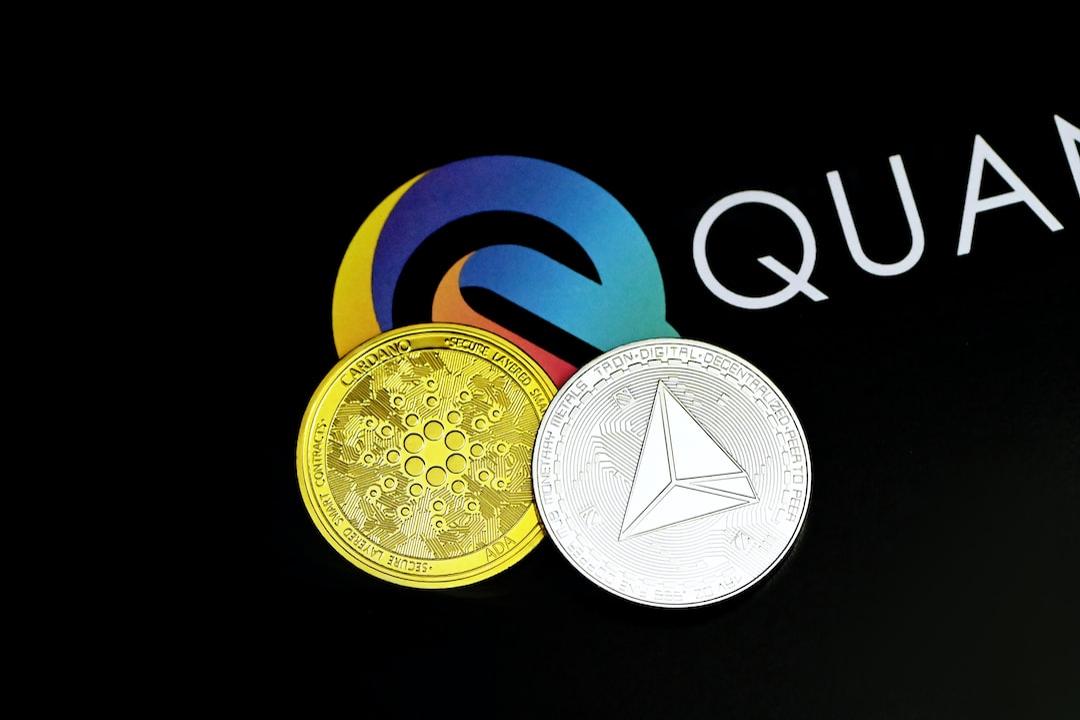Disclaimer: The author’s views and opinions expressed in this article are their own and do not represent the views and opinions of the editorial team at crypto.news.
In the iconic opening scene of the movie Blade Runner, a character named Holden uses a fictional version of the Turing test to determine if Leon, a humanoid robot known as a replicant, is human or not. Holden tells Leon a story to evoke an emotional response and gauge his reactions. As the story progresses, Leon becomes increasingly agitated, revealing his non-human nature.
While we may not be living in a Blade Runner-like world just yet, the integration of AI and machine learning into our lives raises the need for assurances that the AI models we rely on are indeed what they claim to be.
This is where zero-knowledge proofs come into play. At their core, zero-knowledge proofs enable one party to prove to another that a specific computation was performed correctly without revealing the actual data or requiring the verifier to redo the calculations. It’s similar to solving a sudoku puzzle, where verifying the solution is much easier than solving it.
Zero-knowledge proofs are particularly valuable when computational tasks are performed off-chain to prevent network congestion and high fees. With zero-knowledge proofs, these off-chain tasks can still be verified without burdening blockchains, which have computational limitations due to the need for all nodes to verify each block. In essence, zero-knowledge cryptography is necessary to securely and efficiently scale AI and machine learning.
Machine learning, a subset of AI, is known for its intensive computational requirements. It relies on vast amounts of data processing to simulate human adaptation and decision-making. From image recognition to predictive analytics, ML models are revolutionizing various industries. However, they also push the boundaries of computation. So how do we ensure the authenticity of ML models using blockchains, where on-chain operations can be prohibitively expensive?
We need a reliable way to trust AI models, ensuring they haven’t been tampered with or falsely advertised. When using ChatGPT to discuss our favorite sci-fi movies, we may trust the model being used, but in industries such as finance and healthcare, accuracy and reliability are crucial. A single mistake could have severe global economic consequences.
This is where zero-knowledge proofs play a crucial role. By utilizing zero-knowledge proofs, ML computations can be performed off-chain while still being verified on-chain. This opens up new possibilities for deploying AI models in blockchain applications. Zero-knowledge machine learning (ZKML) allows for cryptographic verification of ML algorithms and their outputs while keeping the actual algorithms private. This bridges the gap between the computational demands of AI and the security guarantees of blockchain.
One exciting application of ZKML is in decentralized finance (DeFi). Imagine a liquidity pool where an AI algorithm manages asset rebalancing to maximize yield and refine its trading strategies. ZKML can perform these calculations off-chain and then use zero-knowledge proofs to ensure the legitimacy of an ML model, protecting against alternative algorithms or unauthorized trades. At the same time, ZK can safeguard users’ trading data, ensuring financial privacy even when using public ML models. The result is secure AI-driven DeFi protocols with verifiable zero-knowledge proofs.
As AI becomes increasingly integral to human activity, concerns about tampering, manipulation, and adversarial attacks grow. AI models, especially those making critical decisions, must be resistant to attacks that could compromise their outputs. We not only want AI applications to be safe but also to create a trustless environment where the model itself is easily verifiable.
In a world where AI models are ubiquitous, we rely on AI to guide our lives. With an increasing number of models, the risk of attacks that undermine the integrity of these models also grows. This is particularly concerning when the output of an AI model may not be as it appears.
By integrating zero-knowledge cryptography into AI, we can start building trust and accountability in these models. Similar to an SSL certificate or security badge in a web browser, there may be a symbol for AI verifiability, guaranteeing that the model we interact with is the genuine one.
In Blade Runner, the Voight-Kampff test aimed to distinguish replicants from humans. Today, as we navigate an AI-driven world, we face a similar challenge: distinguishing authentic AI models from potentially compromised ones. In the world of crypto, zero-knowledge cryptography could serve as our Voight-Kampff test—a robust and scalable method to verify the integrity of AI models without compromising their inner workings. This way, we not only ask if androids dream of electric sheep but also ensure that the AI guiding our digital lives is exactly what it claims to be.
Read more:
Connect people and platforms: The identity-first path to decentralization | Opinion
About the author:
Rob Viglione is the co-founder and CEO of Horizen Labs, a development studio behind leading web3 projects such as zkVerify, Horizen, and ApeChain. Viglione is deeply passionate about web3 scalability, blockchain efficiency, and zero-knowledge proofs. His work focuses on developing innovative solutions for zk-rollups to enhance scalability, drive cost savings, and improve efficiency. With a Ph.D. in Finance, an MBA in Finance and Marketing, and a Bachelor’s degree in Physics and Applied Mathematics, Viglione currently serves on the Board of Directors for the Puerto Rico Blockchain Trade Association.

